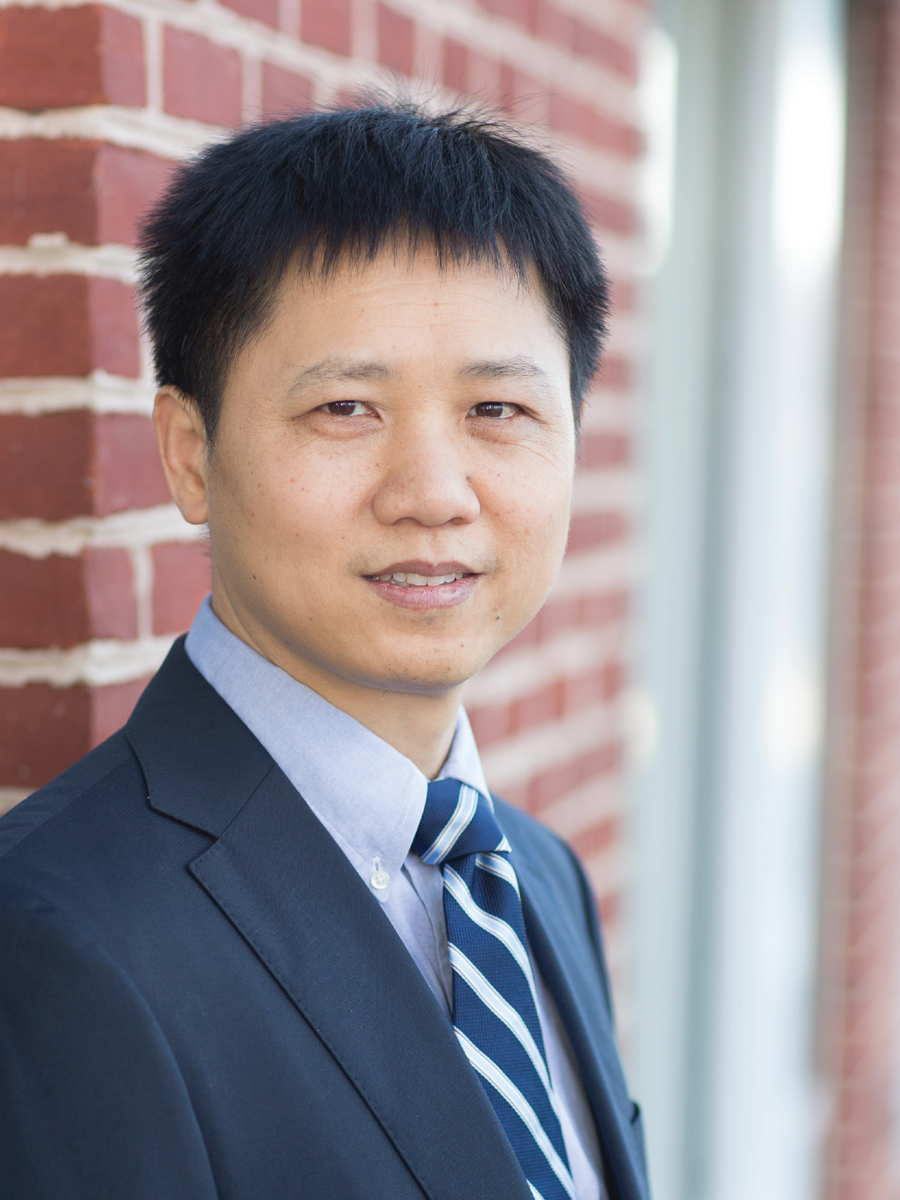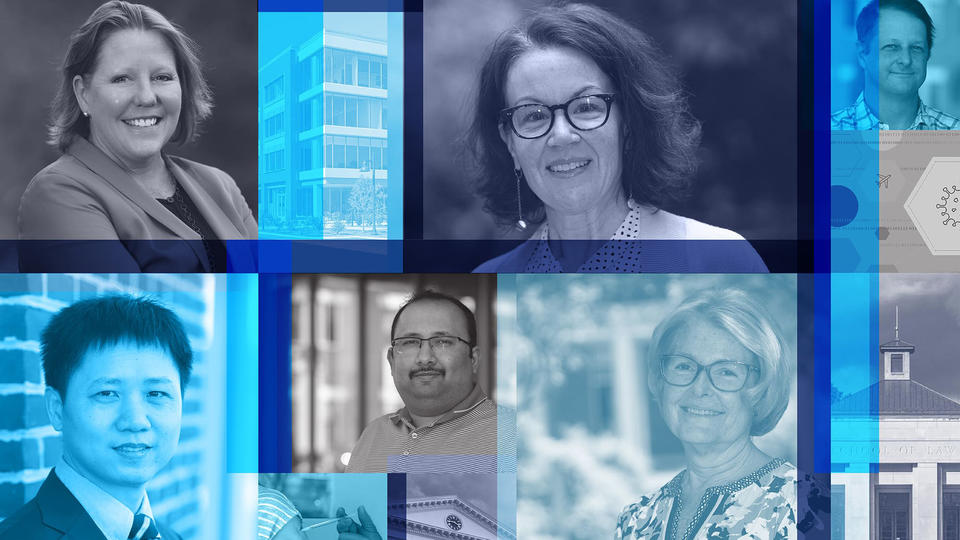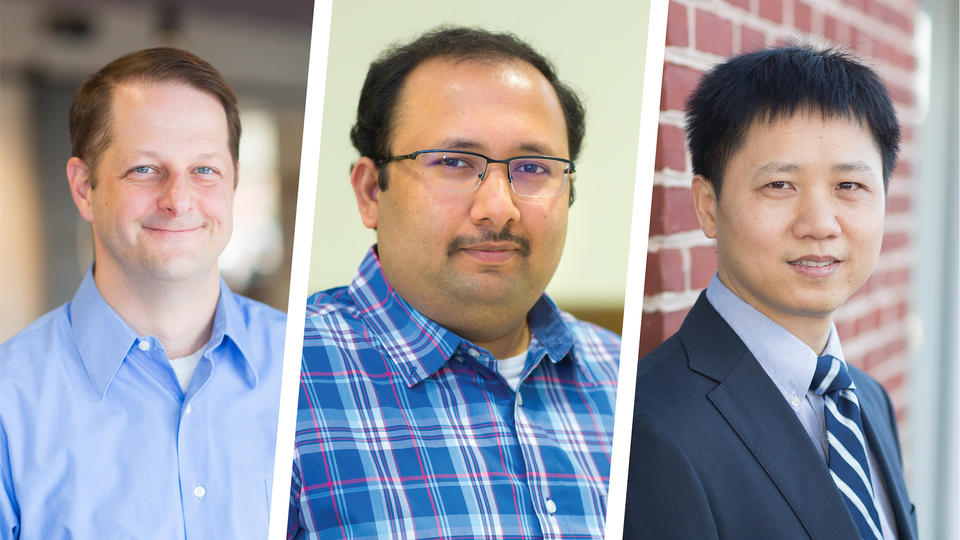Bio
Jiangzhuo Chen is a research associate professor in the Network Systems Science and Advanced Computing division. Chen received his BA in Economics from Nanjing University, MA. in Economics from Boston College, and PhD in Computer Science from Northeastern University. Dr. Chen’s dissertation explores confluent flows. Chen was a post-doctoral researcher and a senior research associate in the Network Dynamics and Simulation Science Laboratory, Biocomplexity Institute of Virginia Tech. Chen’s work has been published in journals and peer-reviewed conferences, such as Journal of the ACM, ACM Transactions on Modeling and Computer Simulation, PLOS ONE, Computational Economics, JEBO, STOC, ICS.
His current projects include: high-performance simulation of social network dynamics (software developed: EpiFast, Indemics); modeling of synthetic population and social network (GlobalPop); and forecasting of epidemics (Social Eyes/FluCaster).
-
Big data analytics, model-based forecasting modeling, simulation, and analysis of large-scale social networks, computational epidemiology, and computational economics
-
Northeastern University, Computer Science, Ph.D., 2005
Boston College, Economics, M.A., 1998
Nanjing University, Economics, B.A., 1995
A bridge-builder in the health district, a pair of professors who helped wrongfully convicted persons and a trio of scientists who analyzed the coronavirus early in the pandemic have been awarded this year’s University of Virginia public service awards.

A research team from the University of Virginia’s Biocomplexity Institute was recognized with the UVA Provost’s Office Award for Collaborative Excellence in Public Service. As representatives of the Biocomplexity Institute’s COVID-19 Response Team, Jiangzhuo Chen, Bryan Lewis, and Srini Venkatramanan were recognized for their service to the University, the Commonwealth of Virginia and federal authorities during the pandemic, and which continues today.
In this paper, researchers focus on a machine-learned anonymized mobility map aggregated over hundreds of millions of smartphones and evaluate its utility in forecasting epidemics, specifically the flu.

The UVA Biocomplexity Institute has received a $1.44M award from the National Science Foundation for a Virtual Organization (VO) that will facilitate communication and collaboration among CISE scientists currently involved in pandemic research through the NSF RAPID program.

As the COVID-19 pandemic continues to escalate in the United States and in many locations around the world, countless questions remain about next steps for mitigation and response. How will various mitigation methods affect the spread? How will those change as the pandemic progresses or regresses?
While vaccination is the primary and most effective way to prevent sickness and death caused by flu, the CDC reports that less than 40 percent of Americans age 18 and older typically receive a flu shot. This begs the question: what additional mitigation and prevention methods might improve the public health response and policy development for the flu?






